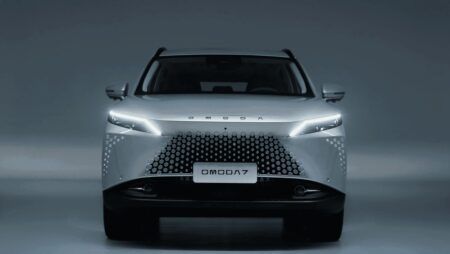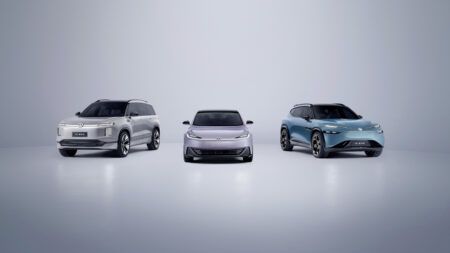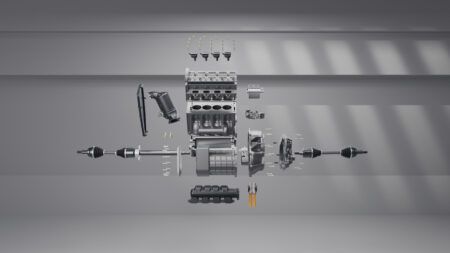Stellantis CEO Carlos Tavares emphasized the urgent need for the automotive industry to reduce the weight of electric vehicle (EV) batteries by 50% within the next decade to make electrification environmentally significant. Speaking at the automaker’s Freedom of Mobility Forum, Tavares highlighted that current battery packs for EVs with a “decent range” of 250 miles require approximately 1,000 pounds of additional raw materials compared to traditional vehicles.
Tavares underscored the environmental implications of this disparity, stating, “From an environmental standpoint… I don’t think it makes sense.” He stressed the necessity for a breakthrough in battery-cell energy density to address this issue, expressing optimism that such advancements are forthcoming. Tavares projected that within the next decade, battery pack weight could be halved, consequently reducing the additional raw material usage against conventional vehicles by 50%.
Furthermore, Tavares identified lithium scarcity as a pressing concern associated with current battery technologies, emphasizing the importance of addressing this issue alongside weight reduction efforts.
The remarks were made during Stellantis’ Freedom of Mobility Forum, an initiative aimed at fostering discussions with stakeholders on mobility issues and their implications for climate change. Tavares also expressed skepticism about hydrogen as a viable alternative technology for mass mobility due to its high costs, particularly noting affordability as a significant barrier for widespread adoption.
The forum serves as a platform for engaging with stakeholders on key challenges and trends in mobility, demonstrating Stellantis’ commitment to addressing environmental concerns within the automotive industry.





